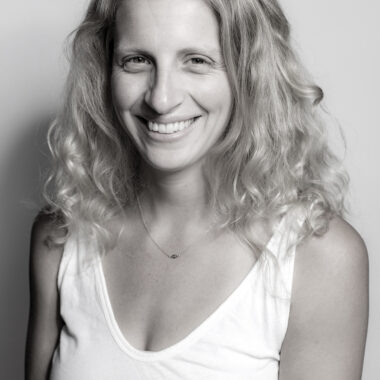After a decade in the classroom, I’ve accepted my first non teaching job since starting my graduate degree in 2014. Even though the position is for an educational nonprofit, and I’ll be working in a school twice a week, it’s the first fall in many years I won’t be returning to a classroom. There will be no dusting off the syllabus, no ice breaker games, no back-to-school outfits, no homecoming weekend. No new faces and fresh school supplies. Although I was never the type of teacher who imagined returning to the same school for thirty years, or even teaching for the entirety of my adult career, the change of identity comes with a host of emotions both happy, sad, and bittersweet. The thought of having a job where the work isn’t so intrinsically tied to the idea of being “good” or “bad” is both alluring and confusing.
Teaching is an outward facing position, one where students and community feel free to label your work in whatever way they see fit. This can be grounding and immensely rewarding, it can also be damaging and exhausting. I’ve usually enjoyed telling people I’m in education: it’s a role I believe contributes enormously to the fabric of society. Both of my maternal grandparents were teachers and most of my family works as social workers, professors or teachers of some variety. Coming from a service-oriented background, it’s nearly impossible to untie my identity from the desire to contribute positively to society. The flip side of a profession that is so directly tied to value is that one’s own personal worth and outlook can easily become tied up in the work as well. The line between your identity and work identity can become increasingly and unhealthily blurred. I imagine many teachers, as I have, experience these thoughts on a regular basis: “Am I trying hard enough? Are students learning? Are they engaged? What else could I be doing?” These existential concerns, paired with the relatively low salary and slow climb to a higher salary, (along with the pandemic) teaching has increasingly become a less and less popular profession to choose in an expensive modern world. Of my junior class of over 100 students, not a single one was interested in education.
Part of what drew me to teaching and kept me in education for many years was the sense of community. Schools are an incredible ecosystem and especially in rural areas, act as the hub of social life. If I hadn’t worked at a public school when my husband and I moved back to rural New Hampshire from Brooklyn I’d be adrift – not just in terms of friendship but in terms of having a sense of place – a sense of history – who is who – what is what. Schools provide years of history, both personal and familial. Schools tell the story of a place.
Working at home three days a week I’ll have a noticeably quieter work day. I can work at the kitchen table. I can work on the porch. I can make myself lunch, take a phone call or go for a walk. For many this is the reality of their everyday work day and since Covid, remote work has become normalized. Yet for me, leaving a job where I was expected to be stationed in my classroom (with almost zero exceptions) between the hours of 7:15 and 3:15pm, this feels akin to a jailbreak. At the same time, there will be no end of year celebration, no turning a new leaf. No obvious chances to remake, to redo, to try again. No letters from students saying thank you in so many words and ways.
Most of all I’ll miss interacting with teenagers at such close proximity. To start I’ll be placed in a middle school in a nearby town with low socioeconomics and a low rate of college graduates. The majority of my role is to interact and engage with the community in an effort to get more students to college and or interested in more diverse career opportunities and pathways. Luckily I’m passionate about this work as I remain passionate about education. I’ll be part of a school community, just not as a traditional classroom teacher. Mostly I’m excited to see where this role takes me. One of my frustrations with teaching has been there isn’t much room for growth within the profession. As with any change, I feel expectant, uncertain and excited. No more grading, no more parent phone calls after an unpleasant incident. Freedom, or perceived freedom can be a double edged sword but I’m ready to take the leap.
Teaching is so unique in the human nature of the job – I started mornings between Monday and Friday for most of my career with twenty something faces looking expectantly at me. The idea of walking into a school building without any direct and immediate responsibility to live students is disorienting yet wildly appealing. I can be ten minutes late? I don’t have to speak if I don’t want to? Who am I, if not a teacher? In the fall I’ll also be coaching cross country, a gig I’ve enjoyed as it allows me to interact with young student athletes in a growth oriented way. Watching athletes achieve their physical goals is rewarding and fulfilling. I’m hopeful that with the subtraction of my classroom, the addition of a more flexible role, and my position coaching, I’ll have miraculously achieved the dream balance between work and home. This is, of course, a ridiculous goal but I do think I’ll have a little more free time to spend with my family. And in the end, I’m not certain I’m done with teaching forever. With anything you truly love the door is never fully closed.









